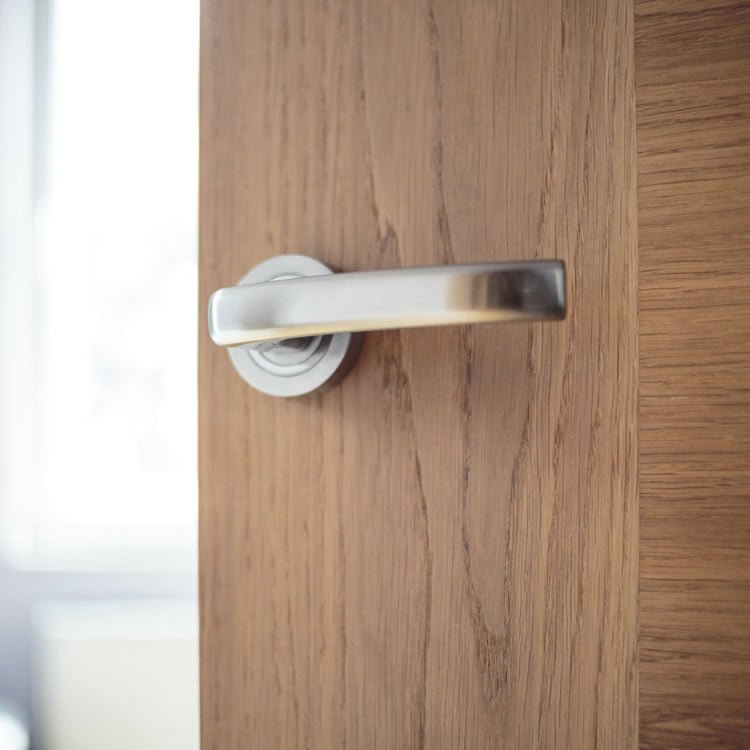A false paradigm
I have great sympathy for the firemen who have given evidence to the Grenfell Inquiry in recent weeks.
For one thing, they have been ill-served by the method of questioning used. The firefighters have been asked to recall what for most of them will be the most chaotic, disastrous and painful night of their lives. These are people who have dedicated their lives to saving people at risk from fire. Many appear devastated with guilt by what happened.
With this background, they have been asked to recall specific details of what happened and when they happened. At times this has resulted in long painful pauses, followed by responses like “sorry, I don’t remember” – with the firefighters apologising as if they had let people down by not remembering. More open questions, focusing on what they did remember (rather than what they didn’t) might have been more useful.
I have also heard people talking nonsense about the fire brigade’s response. For example, someone tweeting that a more recent fire in West Hampstead was only put out so efficiently because well-off people lived in the flats.
The facts are that the first emergency call was made at six minutes to one in the morning. The fire brigade were on site within five minutes. They were in the flat within thirteen minutes of the call, and had put the fire in the kitchen out in little more than twenty minutes from the call. I saw a firefighter give evidence. At the moment he put the fire out he thought it was the end of another regulation job.
The problem, of course, was that it wasn’t just the kitchen that was alight. The cladding going up the sides of the building was alight too. The fire brigade’s paradigm was that cladding doesn’t, shouldn’t, didn’t burn. I saw a firefighter who saw burning material falling passed the window of the flat asked if he thought that it was cladding. He said no. He thought cladding didn’t burn.
Many of the subsequent events followed from this, false paradigm.
But the fire brigade’s paradigm wasn’t the “root cause” (as people in the NHS would refer to it) of those events. The root cause was that something that shouldn’t have burnt, did burn.

Challenging a false paradigm
Clearly, focussing the blame on the fire brigade is misplaced. Instead, the aim should be to understand the importance of challenging a false paradigm. Changing a mistaken view, understanding or analysis while events are unfolding is nigh on impossible. Careful analysis, often with the help of an independent perspective, is usually essential.
False paradigms can be deeply entrenched and can persist for a long time, even in the face of contradictory evidence. However, an independent investigation can help to expose the flaws, biases, and limitations of a false paradigm, and to establish a more accurate and evidence-based understanding of the issue.
An independent investigation is conducted by individuals or organisations that are free from conflicts of interest, political or ideological biases, or any other factors that might compromise their objectivity and impartiality. This ensures that the investigation is guided solely by the evidence, rather than any preconceived beliefs or assumptions. By examining the evidence with a critical and unbiased perspective, an independent investigation can challenge and potentially overturn entrenched false paradigms.
As well as this, independent investigations are often conducted by experts and authority figures in the relevant field or issue, who have the knowledge, skills, and experience to assess the evidence and draw informed conclusions. This expertise and authority can lend credibility to the investigation’s findings and recommendations, and can help to persuade stakeholders and the public to accept the evidence-based view.
An independent investigation is typically conducted with a high degree of transparency, rigor, and accountability, which ensures that the investigation is conducted with integrity and that its findings are robust and reliable. This can help to build trust and confidence among stakeholders and the public, and can provide a strong basis for challenging false paradigms.
An independent investigation can also have a long-term impact on challenging and overturning a false paradigm. By establishing an evidence-based understanding of the issue, the investigation can provide a foundation for future research, policy development, and public discourse. This can help to sustain and build momentum for the evidence-based view over time, and to prevent the false paradigm from re-emerging.
If you would like to learn more about how an independent investigation can help to challenge a false paradigm, please book a free consultation or contact Ed Marsden on 020 7494 5670 or [email protected].




